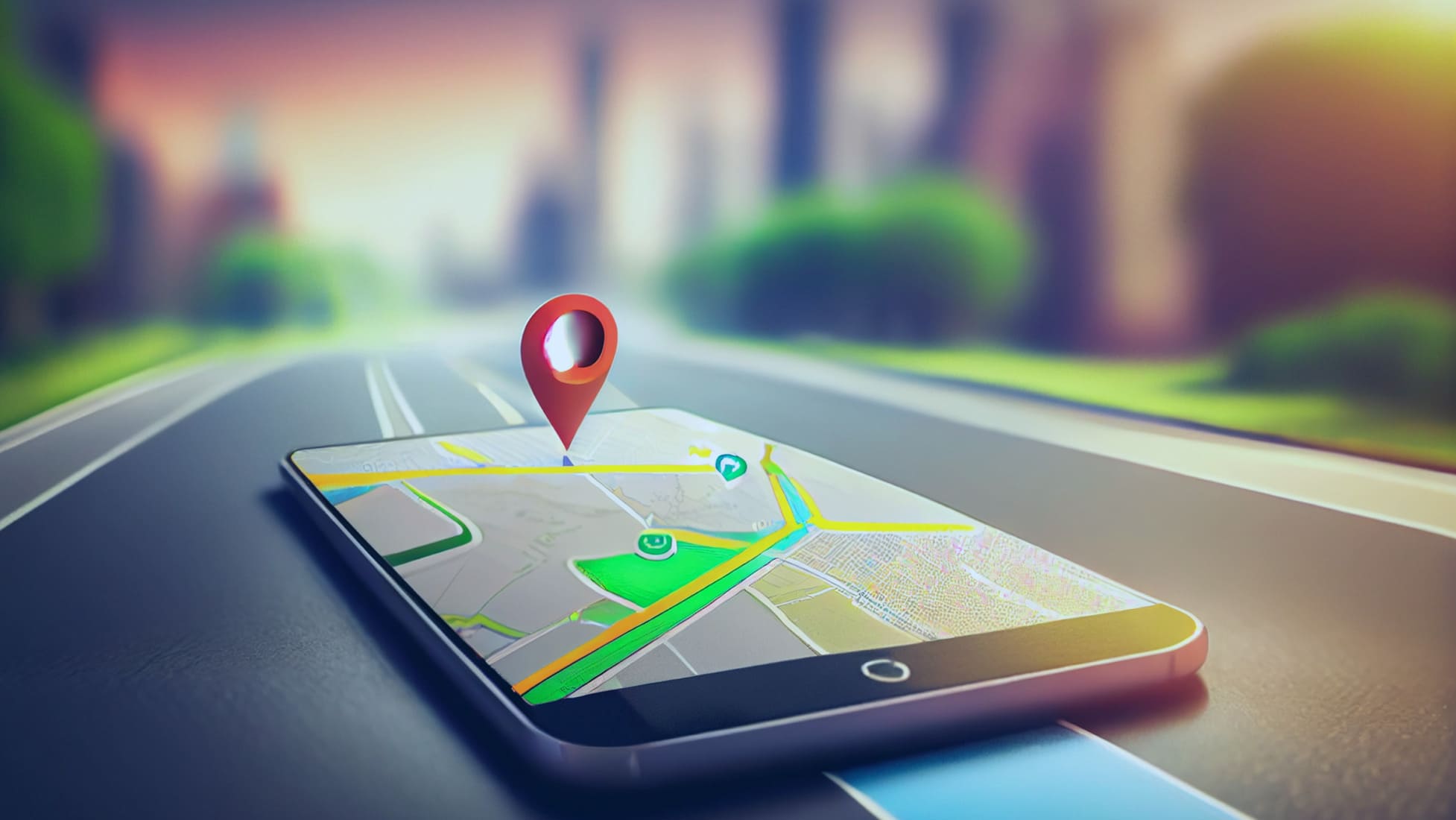Navigating the Future of GPS Tracking: Advancements, Challenges, and Opportunities Ahead
As we stand at the crossroads of technological advancements and social effects, the landscape of General practitioner monitoring is positioned for a transformative journey ahead. With excellent advancement comes terrific responsibility, as information personal privacy worries loom big and safety challenges in General practitioner monitoring raise significant concerns regarding safeguarding delicate details.
Development of GPS Technology
The Evolution of GPS Technology has been marked by considerable developments in accuracy, protection, and effectiveness throughout the years. Developed for army functions, General practitioner technology has actually progressed to come to be an ubiquitous device in different sectors, including transport, logistics, agriculture, and individual navigating. Early general practitioner systems were identified by minimal insurance coverage, reduced accuracy, and bulkier hardware requirements. Nevertheless, with ongoing technological innovations, GPS has transitioned to extra effective and exact systems that offer international protection and boosted accuracy.
One trick milestone in the evolution of GPS innovation was the development of Careful Schedule (SA) in the 1990s, which deliberately deteriorated the precision of private General practitioner signals. As General practitioner innovation proceeds to advance, we can anticipate additional enhancements in performance, precision, and insurance coverage, opening up new opportunities for advancement and applications across numerous markets.
Real-Time Monitoring Developments
Building on the developments in GPS innovation that have transformed accuracy and insurance coverage, real-time monitoring has actually arised as a crucial location of technology with profound implications across different sectors. Real-time tracking improvements make it possible for companies and services to keep track of employees, possessions, and cars instantly, offering useful insights for decision-making processes - gps tracking. By leveraging real-time information, companies can improve functional effectiveness, improve customer care, and make certain the safety and safety and security of their possessions
Among the essential innovations in real-time monitoring is the combination of expert system and maker understanding algorithms, which make it possible for predictive analytics and anomaly discovery. These capabilities enable for positive maintenance scheduling, route optimization, and danger mitigation methods. The evolution of real-time tracking systems has actually led to the development of customizable control panels and mobile applications, encouraging customers to access important info anytime, anywhere.
Data Privacy Problems

Information personal privacy problems include various elements, including the storage, sharing, and retention of area information. Companies have to implement durable safety procedures to shield general practitioner monitoring information from cyber risks and information breaches. Transparent plans regarding data collection methods and the purpose of tracking are important to build trust with consumers and make certain compliance with information security guidelines.

Safety And Security Obstacles in GPS Tracking
Addressing information personal privacy issues in GPS monitoring is delicately connected to mitigating the protection challenges that develop from prospective vulnerabilities in the modern technology. One of the primary security difficulties in GPS tracking is the threat of unapproved access to delicate area data.

Another security challenge is the capacity for jamming or spoofing general practitioner signals. By broadcasting incorrect signals or interfering with legitimate ones, malicious stars can deceive GPS receivers and manipulate area data. This positions risks not only for individual users however also for governmental and armed forces applications that rely upon accurate positioning information. Carrying out robust security, authentication steps, and signal verification procedures are important steps in resolving these protection difficulties in GPS monitoring.
Arising Opportunities in the Industry
The expanding field of GPS monitoring innovation presents a myriad of appealing opportunities for market development and technology. One crucial chance depends on the growth of GPS tracking applications beyond standard fields. Industries such as logistics, transport, and fleet administration have actually been very early adopters of GPS technology. Emerging chances are now developing in locations like healthcare, agriculture, and environmental surveillance. For example, GPS tracking can revolutionize patient care by allowing remote surveillance of important indications and making certain timely visit homepage medical support. In agriculture, GPS innovation can maximize plant administration methods and enhance overall return. Environmental tracking can profit from GPS monitoring by making it possible for real-time data collection for environment study and preservation initiatives.
An additional significant possibility in the GPS tracking market is the assimilation of sophisticated analytics and expert system. By leveraging these technologies, companies can obtain valuable insights from GPS information to boost operational efficiency, improve decision-making processes, and deal individualized solutions to consumers. In addition, the increasing demand for connected gadgets and IoT remedies offers a ripe possibility for general practitioner tracking business to broaden their offerings and create look at here ingenious solutions that deal with a much more connected globe. By maximizing these arising possibilities, general practitioner monitoring firms can place themselves for sustained development and success in the vibrant landscape of the sector.
Verdict
In verdict, the future of GPS tracking is noted by continual development and advancement in innovation. As the sector moves onward, browsing these obstacles will certainly be critical to make certain the ongoing development and success of GPS monitoring technology.
With excellent innovation comes excellent responsibility, as data privacy concerns impend large and security obstacles in General practitioner monitoring raise essential inquiries concerning protecting delicate info.With the fast proliferation of General practitioner tracking technology in numerous sectors, resolving data privacy worries has come to be a crucial imperative for both consumers and organizations alike. The collection of area data with GPS tracking elevates considerable privacy issues, as it makes it possible for the tracking of people' movements and behaviors. Companies making use of GPS tracking have to focus on safeguarding this data to prevent unauthorized gain access to or abuse that could compromise individuals' personal privacy legal rights.
Organizations have to execute robust protection measures to shield GPS monitoring information from cyber risks and data violations.